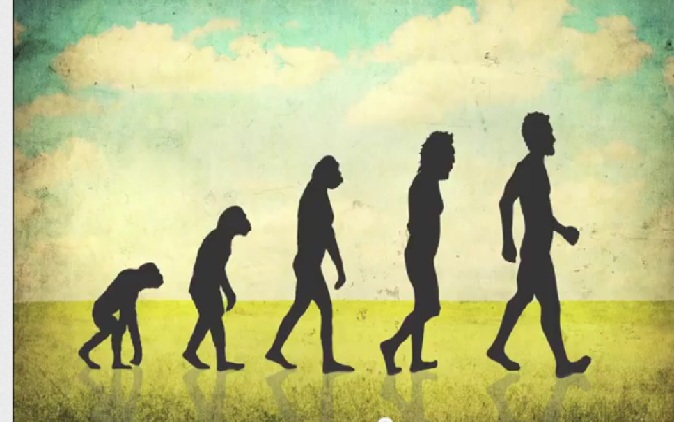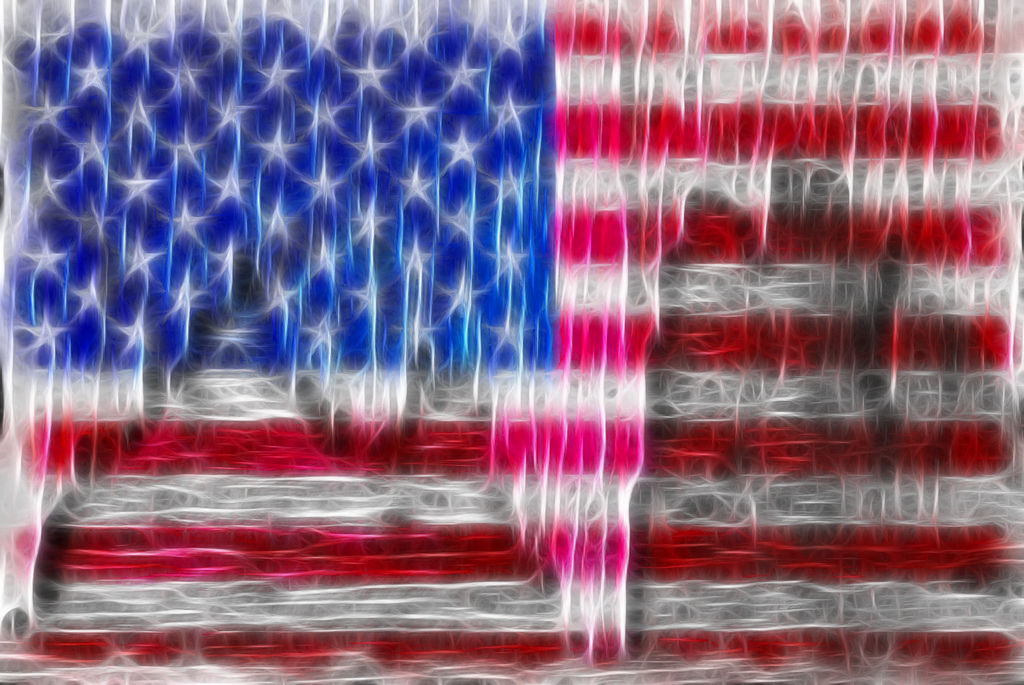


Re-thinking Progress: The Circular Economy
Opinion: (N. Moiseev, Academician of the Russian Academy of Sciences): “I hope that in the near future our teachers will have the need for the propaedeutic [preparatory study or instruction] course “Contemporary Understanding of the World.” This is due to the fact that the crisis in the relations between nature and society is growing, and the social demand for education, which is far beyond the narrow professionalism, is increasing as well. “A modern person must see the world in its entirety. Only the understanding of a general logic of the development of the world in which we live will help overcome the disastrous consequences of the relentlessly approaching crisis and perhaps even avoid it! “Such a course should precede the studying of social sciences and philosophy, for which it is a necessary introduction. It is particularly necessary to the future experts in the humanities and social sciences, for whom the natural sciences and ecology are on the periphery of their interests. “Future engineers and physicists also need it because the natural sciences and engineering departments lack the general knowledge about the processes of development of the contemporary world and the processes of cognition, although these professionals will have to solve many problems of modern ecology, politics, and ethics.” ...
